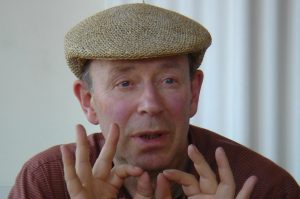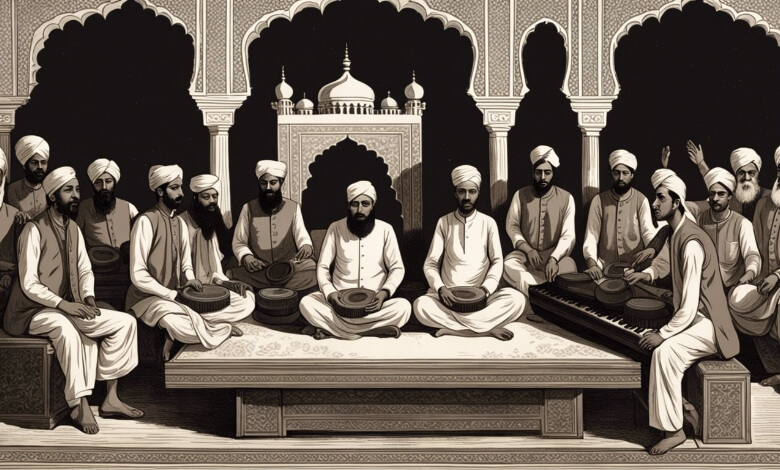Article index
The musical research of the composer Michael Vetter not only explored the various colors of the flute but contributed to the growth of experimental vocality.
M ichael Vetter was born in Oberstdorf in Germany in 1943. Michael was one of the greatest researchers in the twentieth century music field, especially in experimenting with stamps and flutive techniques.

His path as a composer has ranged not only through the flute instrument, but also through the Tibetan bells, the buffer but above all the harmonious song. Inspiring and innovator for many composers of his period, including the great Karlheinz Stockhausen, Michael Vetter is very devoted to his time to expressive and compositional research using singing, but above all the "harmonious song".
I quote these two publications " Overones in Old European Cathedrals " and " Overones - Voice and Tampura " as the most important, dated 1989 the first and 1983 the second.
(insights on the discography at the following link ).
Much of my initial vocal research and my desire to experiment I owe it to Michael Vetter. In those years (2000-2002) I have assimilated as far as possible a vocal experimentation line that I would call meditative-sensorial, giving life to entire days of vocal exploration and meditation to silence.
Below is a link of a video recorded in 2007 together with Natascha NikePrelevic considered the person who at the moment carries on Michael Vetter's philosophy.
Read also the article: Jazz singing in the 21st century






